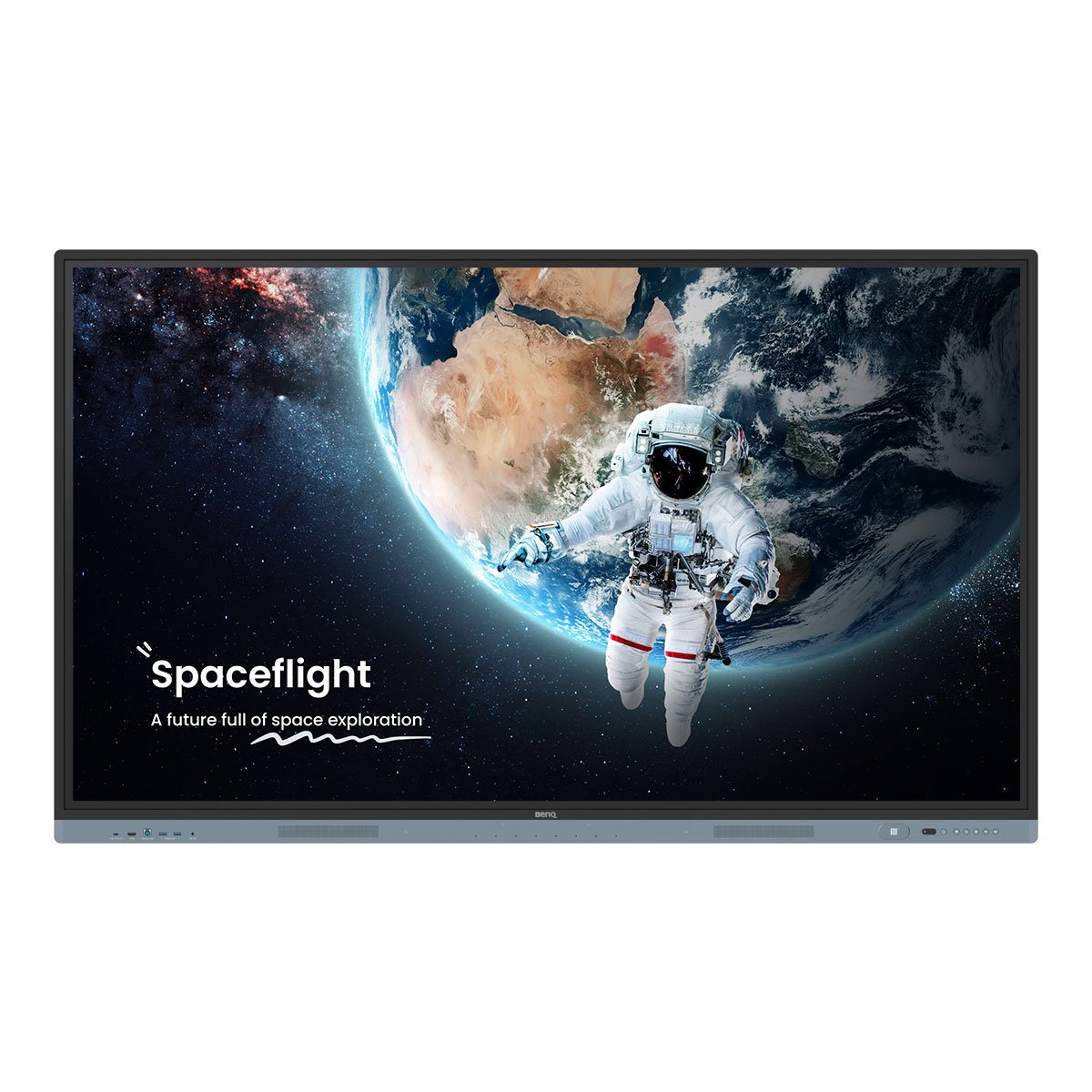
The Kahoot! app is available on all BenQ Boards and is optimized for touch, allowing you to run it in class without needing a laptop.

Teachers have a lot on their plates: they need to teach, grade, talk to parents and students, and take on administrative tasks. All of that leaves them less time than ever to prepare lessons. In fact, 92% of teachers in one study1 said they don’t have enough time to effectively create lesson materials, one of the core components of their job. What’s worse, 50% of students feel uninspired by their classroom experiences2.
Thankfully, the tide is turning. Innovative platforms such as Kahoot! are harnessing the power of AI to transform lesson planning. By empowering teachers to quickly and easily create engaging, interactive content, Kahoot! is helping them reclaim their time and rekindle student interest.

Kahoot! offers an AI-powered Question Generator that uses AI to create kahoot questions from either a PDF or a topic.

Make lesson prep a breeze with Kahoot! and AI
If you need to turn your existing lesson content, or any topic at all, into interactive quizzes, you can easily do so with Kahoot!. You can try using Kahoot!’s Question Generator, which harnesses AI to quickly turn PDFs, or a topic (within 30 characters), into an interactive quiz (also referred to as a kahoot).
Simply create a new kahoot and select from the two AI-enhanced Kahoot! question generator options: generate questions from a PDF, or from a topic. Soon you’ll receive a pre-populated kahoot with AI-generated questions, answers, and even images. Of course, you can fully customize these AI-created results to ensure they align with your teaching goals and to address any potential inaccuracies from the AI. It works the same as if you had made the questions with all of the platform’s editing options.
This function can also be your secret weapon when updating your existing kahoots or when you get writer’s block while making a new one from scratch. When adding a new question or slide, simply click the ‘Generate’ tab to get your AI-created results.

Kahoot!’s AI-powered Question Generator can be accessed in multiple ways to help you quickly and easily create questions.

Integrate your AI kahoots seamlessly with the BenQ Board
Once you’ve crafted your AI-enhanced kahoot, it’s time for class. Forget plugging in a laptop or using a web browser to host your kahoot, though. That’s because the BenQ App Store offers the Kahoot! app for the BenQ Board. Your school’s IT staff can also update the app so you always have the latest version.
When it’s time to play, you’ll find the BenQ Board's Kahoot! app is designed to run on the board’s large screen and is optimized for touch. You can also find your saved kahoots, create new ones, choose your game mode, and adjust settings on the fly. Meanwhile, students can join from their devices via QR code or the game PIN to see and play on a large screen.
To make your kahoot even more engaging, try the board’s multi-window mode. This way, you can display your kahoot on one side of the screen and then look up material on a browser or make annotations on the board’s EZWrite whiteboard on the other side of the screen.
Use data to improve your lessons and student comprehension
When the activity is over, you can use Kahoot! on the board to display results and ask for feedback from students who then reply from their devices. You’ll also be able to look up results anytime to check students’ performance and assess if anyone needs further practice. If you want to see results in greater detail, simply hop over to your computer and download them as an Excel file.
Ultimately, this seamless integration between Kahoot! and BenQ Boards can lead to more interactive and engaging learning experiences.
Ready to save time, ignite engagement, and teach your way? Get started by talking to one of our experts.
- J. Hunter, et al, “Making time for great teaching: How better government policy can help”, Grattan Institute, 30 January, 2022, https://grattan.edu.au/report/making-time-for-great-teaching-how-better-government-policy-can-help/, last accessed 10 May, 2024.
- “2021-22 Speak Up® Research Project”, Project Tomorrow, 2022, https://gradientlearning.go-vip.net/gradientlearningwebsite/wp-content/uploads/sites/2/2023/01/GradientLearningPoll_StudentEngagement.pdf, last accessed 15 May, 2024.



